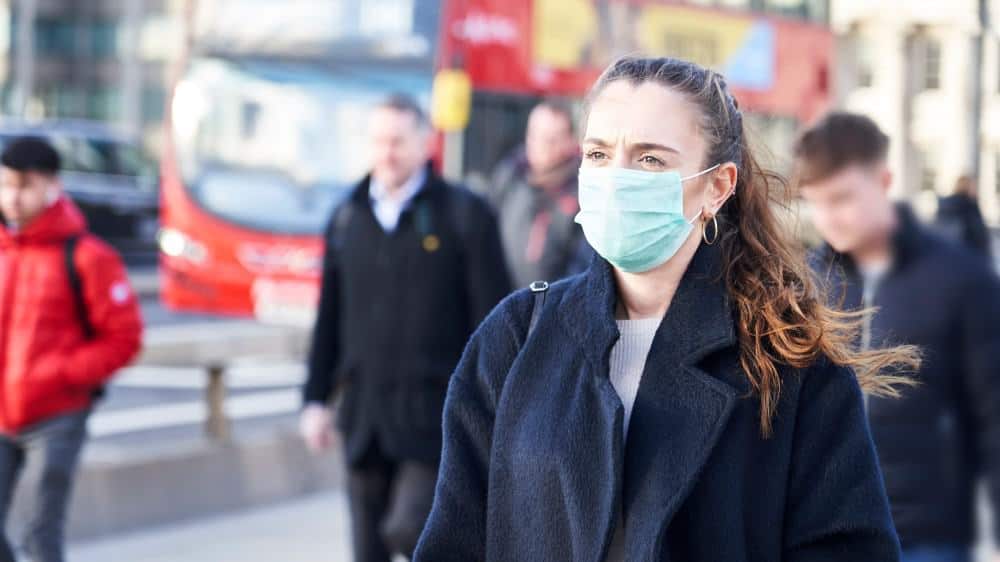Lockdown easing has been delayed until 19 July, which means that many businesses will have to delay their reopening. As such, a lot of people who were due back at work will remain on furlough. If you’re one of those people, you might be worried about getting your money. Here’s what the delay to ending lockdown means for your furlough payments.
[top_pitch]
What furlough payments will I receive?
The number of people relying on the Job Retention Scheme has been falling steadily since it hit 5.1 million at the height of lockdown in January. However, there are still over million people on furlough.
For these individuals, nothing should change. All employees should continue to receive 80% of their wages – up to £2,500 a month – for any hours not worked. Their employer will also still pay their National Insurance and pension contributions.
As long as you remain an employee of the company, you will continue to receive the same pay as you have been while on furlough.
You can still be on flexi-furlough too, where you work a proportion of the hours you would normally work. In this case, you will be paid in full for any hours worked and receive 80% for any hours not worked.
What’s changing with furlough?
What’s changing is where this money is coming from.
As originally announced in the 2021 Budget in March, the Job Retention Scheme will begin to wind down from 1 July. Furlough will end completely at the end of September. This means your employer will have to start paying towards your wages.
From 1 July, the government will pay 70% of your wages, up to £2,187.50 a month. Employers will then pay 10% of your wages for any hours not worked, up to £312.50 a month.
The government furlough support reduces further in August and September.
In those months, the government will pay 60% of your wages, up to a total of £1,875 a month. Your employer will have to contribute 20% of any hours not worked, up to £625 a month.
While this may be bad news for employers, it shouldn’t affect employees. If you’re still on furlough for the next three months, you will continue to receive 80% of your wages.
If you don’t receive the amount you think you’re entitled to and believe your employer is being unscrupulous, you can report them to HMRC.
[middle_pitch]
Will more support be announced?
There have been calls from many within the industry to delay the changes to the furlough scheme until lockdown restrictions are completely removed.
Already struggling businesses have taken another hit by not being able to open as planned on 21 June. The extra financial burden of topping up furlough wages could be difficult.
Trade body UKHospitality has claimed the four-week lockdown easing delay will cost the hospitality sector an extra £3 billion, on top of the £87 billion it has already lost.
However, so far, the government has given no indication that it will delay the changes to the furlough scheme in line with the delay to lockdown easing.







